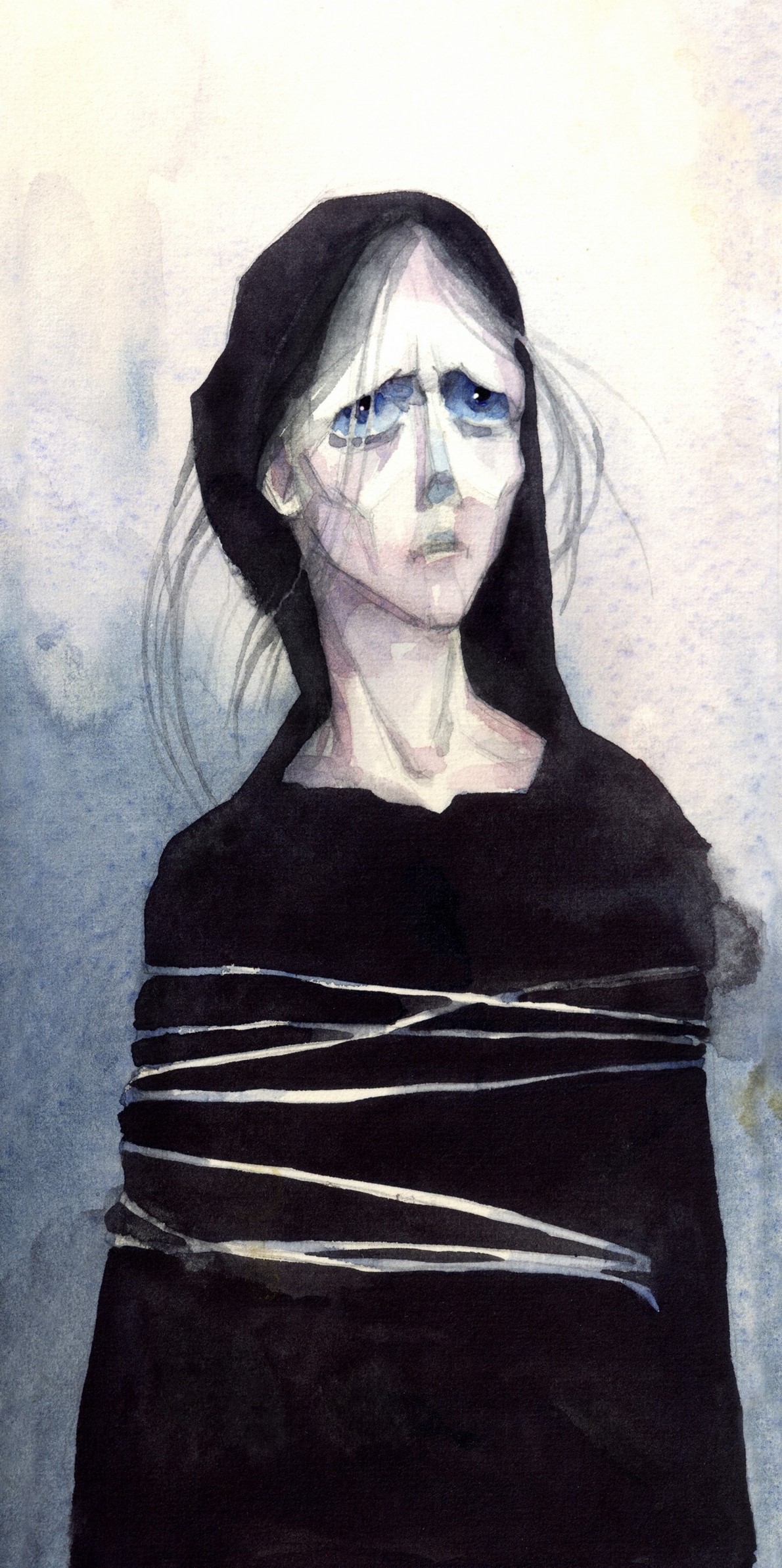This last week has been gloomy and haunting, particularly for
women. It was the final week in Nira Ashraf’s,
Iman Irshaid’s Lubna Mansour’s,
and Raneen Salees’ lives. They were kind souls that lived in a world that was
not so kind to them.
اضافة اعلان
Their killers were emboldened and encouraged by the
inexcusable culture of impunity and lack of accountability which led to their
murders in the span of one week, in a quiet chill-inducing tumbling effect.
As women’s death toll continues to climb, it is time to talk
about the one incomprehensible issue: victim blaming.
Social media have been a useful instrument in mobilizing
against these crimes; they have also served to expose the
grotesque misogyny
that characterizes a significant part of our society where men and women
continue to blame the victims for the atrocities that befall them and wonder
what victims could have done differently in order to prevent a crime from
happening, and in doing so, imply that the victim, rather than the perpetrator,
is to blame.
Social media discussions demonstrated how quickly we, as a
culture, judge and then blame the victims. The more egregious the injustice,
the stronger the temptation to defend it by placing the responsibility on the
victim.
The misogyny and patriarchy behind the victim blaming and
shaming were taken to another level and turned into a public trial of the
aggrieved victims when anonymous people from behind the screens felt they were
God’s emissaries on earth, serving as judges and executioners, bashing,
smashing, and verbally abusing.
The blamers obviously disregard the long-lasting
repercussions of their traumatic, derogatory, remarks on the families of the
victims. Along with the unimaginable and untold emotional and psychological
suffering brought on by the sudden death of a loved one, grieving, and seeking
justice, parents and families also endured the ignorant public trial of the victims’
characters, lifestyles and choices. Not to mention the double standards victim
blamers stand behind. Who can say to men who fear being falsely accused of
sexual harassment, let alone murdered, that maybe they should just stay home
and not put themselves in dangerous situations where they can be vulnerable?
That no accusation would be thrown their way if they did not go out or walk
alone at night where women might, mistakenly, think they are predators? That
they might, also, want to dress more conservatively so that they do not appear
more threatening to women?
Silence is complicity, and we can all take action and stand against both femicide and victim blaming by keeping a check on our attitudes, the way we raise children and the policies we support in our communities, and by countering the idea that men and boys can obtain power through violence and entitlement.
While women are used to the subtle victim blaming most of
the time, this week’s brutal femicides have shown the shocking, overt, face of
victim blaming; killing the victims twice, once in life and once in death. The
public assassination of womanhood sparked self-righteous rage amongst the
decent and the sane who disavow these dysfunctional systems of interaction we
have put in place long ago.
It is words like “boys will be boys”, “she was not dressed
modestly”, “women say no when they mean yes” that are pervasive and irrelevant.
Their meaning is embedded in the way we think, speak, and behave in the world.
While the contexts may differ, this social environment allows sexual violence
and femicide to be normalized and justified, fueled by the persistent gender
inequalities. Naming it is the way to dismantle it.
Silence is complicity, and we can all take action and stand
against both femicide and victim blaming by keeping a check on our attitudes,
the way we raise children and the policies we support in our communities, and
by countering the idea that men and boys can obtain power through violence and
entitlement.
Know enough to call the bluff, redefine your principles
through self-reflection and community conversations. Take notice of your
language as it is one of the most embedded facades in cultural narratives:
choose what phrases to leave behind, and consider the blame game played against
victims.

This is to remember all the women who were victims of
femicide whether we know their names or not. Whether they are from a different
country, region, continent or not. We remember Ahlam, Israah Gharib, Pınar
Gültekin, all the women who preceded them, and pray no more will follow.
Women live among perpetrators of crimes, not knowing a thing
about them. Women deal with them without recognizing them for the monsters they
are. Every woman in this life operates under the assumption that she is the
potential victim of a crime that has not yet occurred. It may happen one day
and it may never happen. What are we to do? Not even martial arts and
self-defense classes can stop bullets or people’s preconceived judgments. Are
we bound to sit by the chimney until we die? But then, countless women were
killed next to that chimney, within the safety of their homes.
Read more Features
Jordan News



